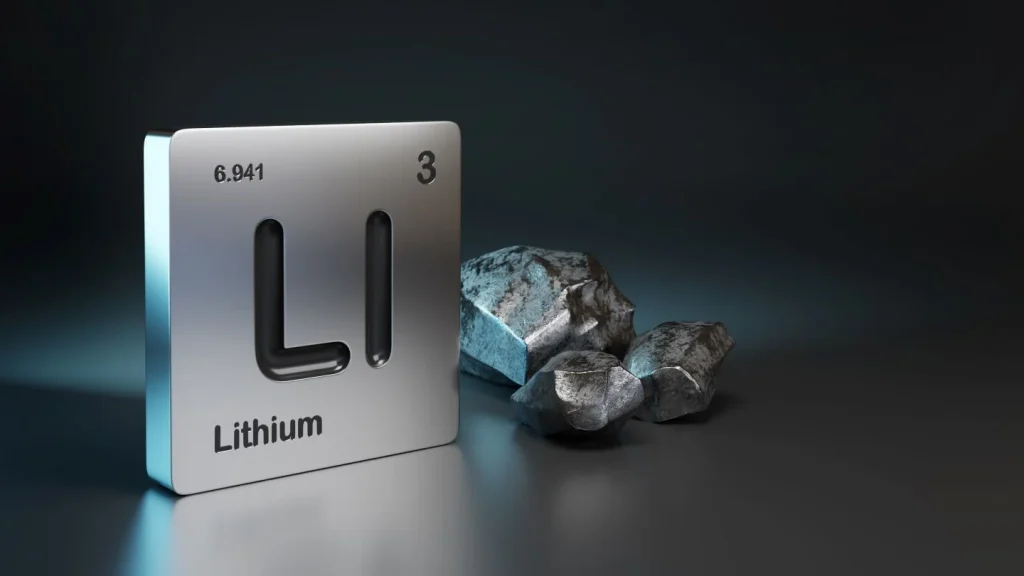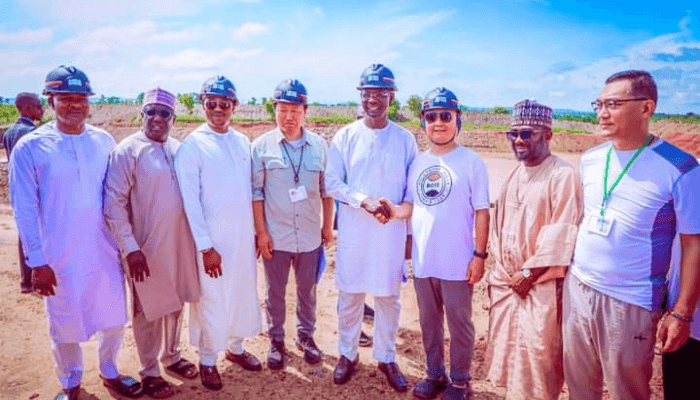Nigeria’s rich deposits of lithium and other critical minerals have become the latest frontier in the global race for resources, with China leading the charge. While these minerals hold the promise of significant economic growth, Nigeria finds itself increasingly under siege by illegal mining activities, heavily backed by Chinese interests. The implications are profound: lost revenue, environmental degradation, and escalating insecurity, all of which threaten to undermine our sovereignty and future prospects.
The demand for lithium, a key component in electric vehicle (EV) batteries, has skyrocketed globally. In response, Chinese-backed entities have rapidly moved into Nigeria, often under the guise of local companies, to tap into this lucrative resource.
However, the vast majority of these operations are illegal, operating without proper licences and in direct contravention of Nigeria’s mining laws. Local Nigerians are frequently used as fronts for these operations, with the ore from illegal mining being funnelled to Chinese-owned concentrators that have no requirement to verify the legality of their supply chains.

This illegal mining is not just a matter of economic exploitation. It is directly contributing to the insecurity in mining communities. Reports of armed thugs intimidating or even killing locals who resist illegal operations are alarmingly common. A case in Kaduna State, where a community leader was murdered for supporting a licensed mining company, underscores the deadly stakes involved.
The environmental consequences of illegal mining are devastating. With no regulatory oversight, illegal miners show little regard for sustainable practices, leading to widespread environmental degradation. Overburden is dumped haphazardly, waterways are blocked, and fertile land is rendered unusable. The financial impact is equally staggering. It is estimated that the Nigerian government loses billions of dollars annually in unpaid royalties and taxes due to illegal mining.

China’s dominance in Nigeria’s mining sector extends beyond illegal operations. Major Chinese companies, such as Ganfeng Lithium Industry Ltd. and Canmax Technologies Co., Ltd., have established a significant presence in the country. These companies, often through local fronts, control the processing of lithium ore, further entrenching China’s influence over Nigeria’s critical minerals. Despite promises of value addition and technology transfer, there is little evidence that Nigeria will see substantial benefits. Instead, raw materials continue to be exported with minimal processing, enriching China while Nigeria’s potential remains untapped .
The situation in Nigeria mirrors that of other African nations where Chinese investments in mining have yielded few benefits. Zimbabwe, which has Africa’s largest lithium reserves, has seen little economic improvement despite significant Chinese investments. The pattern is clear: while Chinese companies extract vast amounts of wealth from Africa’s mineral-rich lands, the host countries receive little in return. This neo-colonial exploitation is a ticking time bomb, threatening to destabilise not just Nigeria but the broader region.

The government must take decisive action to curb illegal mining and reclaim control over its natural resources. Implementing stricter regulations, such as requiring concentrator plants to verify the legality of their ore supply, would be a significant step forward. Additionally, enforcing environmental protection laws and ensuring that local communities benefit from mining activities are essential to sustainable development.
China’s stranglehold on the global critical minerals supply chain is a reality that Nigeria cannot ignore. However, the country must avoid becoming another victim of exploitative practices. When Nigeria incentivises legal mining operations and insists on fair and transparent contracts, it would turn the tide and secure a future where its mineral wealth benefits the masses and not foreign interlopers.
The world is watching how Nigeria navigates this complex landscape. The choices made now will determine whether the country emerges as a leader in the global energy transition or remains ensnared in a cycle of exploitation and underdevelopment.

